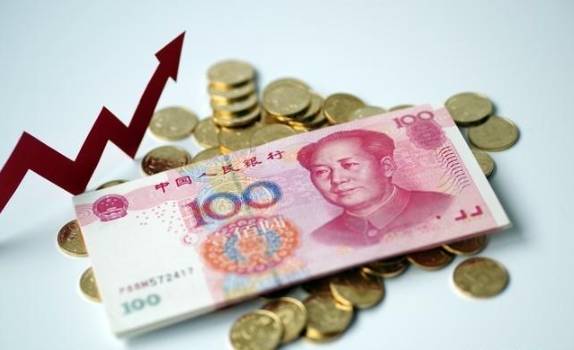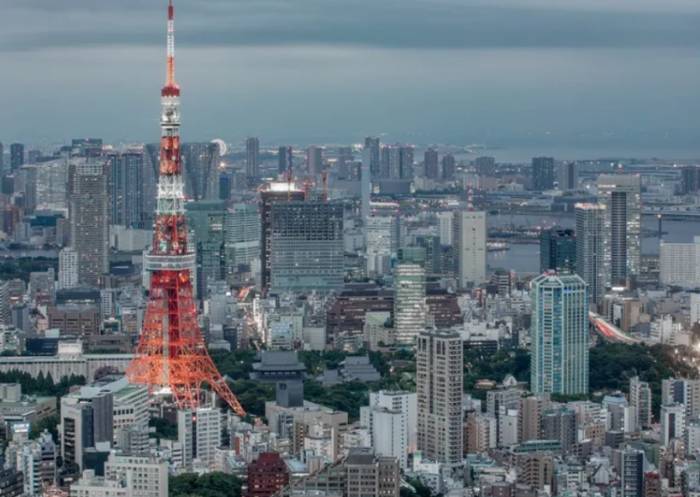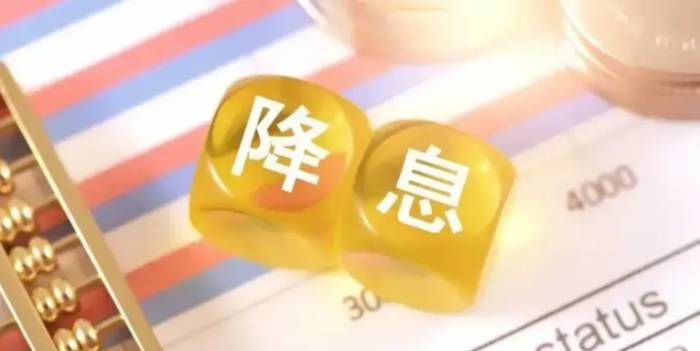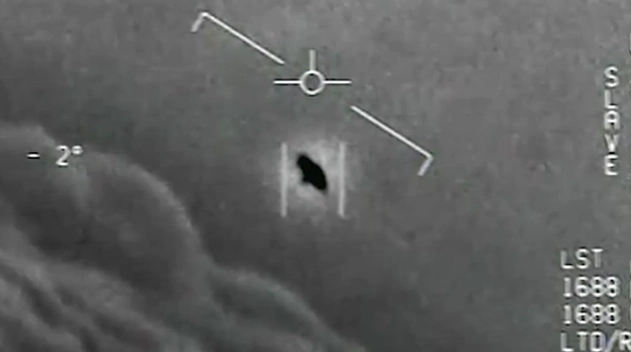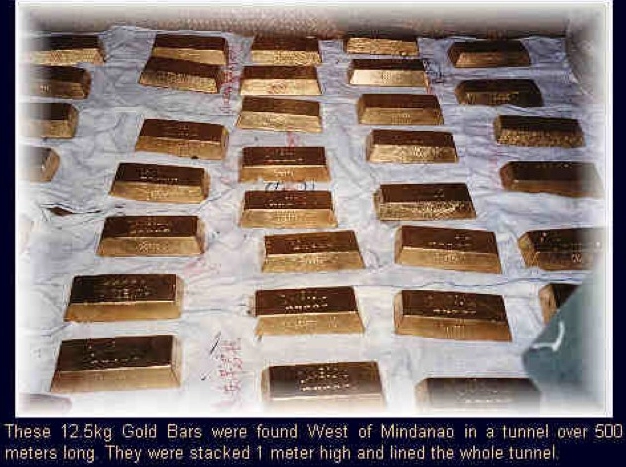On September 20th, according to a message on the Ministry of Foreign Affairs website, on August 24th, 2023, the Japanese government unilaterally initiated the discharge of nuclear-contaminated water from the Fukushima Daiichi Nuclear Power Plant into the sea.
As one of the most important stakeholders, China firmly opposes this irresponsible action.
At the same time, we urge the Japanese side to seriously respond to domestic and international concerns, earnestly fulfill its own responsibilities, fully cooperate in establishing a substantive participation by stakeholders, independent, and effective long-term international monitoring arrangements, and agree to China's independent sampling and monitoring.
The competent authorities of the two countries have recently conducted multiple rounds of consultations on the issue of the discharge of nuclear-contaminated water from the Fukushima Daiichi Nuclear Power Plant, reaching a four-point consensus.
In this regard, Foreign Ministry spokesperson Mao Ning stated at a press conference on the 20th that China firmly opposes Japan's unilateral initiation of the discharge into the sea, and this position has not changed.
China's consensus with Japan is to urge the Japanese side to earnestly fulfill its international legal obligations and the main responsibility of safety supervision, to make the greatest effort to avoid negative impacts on the environment and human health, and to effectively prevent the potential risks of the discharge.
We hope that the international community, especially the stakeholders, will strictly supervise the Japanese side to fulfill its commitments together with China.
Luo Zhiping, Director and Researcher of the Nuclear Safety Research Institute of the China Atomic Energy Science Research Institute, said in an interview with First Financial that the issue of "discharging contaminated water into the sea" at the Fukushima Daiichi Nuclear Power Plant in Japan has been ongoing for more than a year, and all parties are continuously paying attention to it.
Reaching a consensus at this time reflects a positive signal and an issue that needs close attention.
Xiang Haoyu, a specially appointed researcher at the Asia-Pacific Institute of the China Institute of International Studies, told First Financial that this is a consensus reached after a long time, intensive, and arduous consultations between the two countries' foreign affairs departments, which not only reflects the effectiveness of China's diplomacy but also its pragmatism.
As for the importance of independent sampling and monitoring as a positive signal, Luo Zhiping said that the consensus emphasizes that the Japanese side has finally agreed to China's independent sampling and monitoring.
The fourth point of the consensus states that after China effectively participates in the long-term international monitoring under the framework of the International Atomic Energy Agency (IAEA) and the implementation of independent sampling and other monitoring activities by participating countries, it will start to adjust relevant measures based on scientific evidence and gradually resume the import of Japanese water products that meet standards.
"Independent sampling and monitoring are quite important to ensure the accuracy and credibility of the data," said Luo Zhiping.
"At the same time, independent sampling and monitoring also help to supervise the Japanese government to strictly implement the previously announced plan in the long-term discharge."
According to the previous plan of Tokyo Electric Power Company (TEPCO), once the "discharge into the sea" project is officially launched, it will last for about 30 years.
He said: "Since the Japanese government announced the discharge plan, China has been actively striving to independently sample and monitor, and now that the Japanese side has agreed, it is a positive signal.
This helps to ensure that the entire discharge process is controllable."
Xiang Haoyu believes that from the content, it not only reflects China's consistent opposition position but also indicates the requirements that China has always put forward to the Japanese side.
"Our core demand is that the Japanese side needs an international monitoring with the participation of all stakeholders during the nuclear wastewater discharge process, only in this way can we ensure that its discharge is safe, transparent, and reliable, and the data is also open, which is more convincing.
Currently, it is the Japanese side that is doing some monitoring, although there is the participation of the IAEA, but in practice, the IAEA is also influenced by the Japanese side."
Mao Ning said at the press conference that due to the limitations of the current relevant international mechanisms, the assessment and monitoring of the discharge into the sea are not comprehensive, lack transparency and credibility, and need to be further improved and strengthened, especially the establishment of a long-term international monitoring arrangement covering the key links of the discharge into the sea to ensure that China and all stakeholders effectively participate in it, implement independent sampling and monitoring, and obtain comprehensive, true, and effective data to ensure that the risk of the discharge into the sea is controllable.
At the same time, Xiang Haoyu believes that the consensus reached also shows China's pragmatism, and it is not for opposition's sake.
"Our purpose of opposition is to achieve our interests, that is, to ensure the health and safety of our bodies during the discharge process, to ensure the safety of the marine ecological environment, and to effectively eliminate hidden dangers."
"Reaching a consensus does not mean that this matter is over, but it is a new beginning, that is, to ensure that the discharge of about 30 years is controllable by including relevant stakeholders."
Xiang Haoyu said.
Technical consultations with the Japanese side will be carried out.
"The consensus document reached by China and Japan does not mean that China will immediately fully resume the import of Japanese aquatic products."
Mao Ning further stated that China will continue to follow the World Trade Organization and Chinese laws and regulations, take scientific facts as the benchmark, and take safety as the premise, to adjust relevant measures based on scientific evidence after effectively participating in relevant monitoring activities, implementing independent sampling and confirming the results.
We will carry out technical consultations with the Japanese side and gradually resume the import of Japanese aquatic products that meet standards on the premise that the requirements proposed by China are fully met.
The results of the consultations and policy adjustments will be announced to the public in a timely manner.
In Luo Zhiping's view, reaching a consensus at this stage is a more realistic approach.
"Because the domestic public is generally concerned about the safety of aquatic products and the environmental issues of discharge, since the Japanese side can agree to our independent sampling and monitoring, it can ensure the accuracy of the relevant data near the discharge outlet of the Fukushima Daiichi Nuclear Power Plant, and domestic departments such as customs, food inspection and testing have been fully prepared, and the public can believe in the measured data."
He said, "Whether radioactivity reaches a harmful level depends on the measurement results of radioactive elements in food, including aquatic products."
In addition, Xiang Haoyu believes that the consensus reached is also beneficial to China-Japan relations.
"Because over the past year, the issue of discharging into the sea has also become an obstacle to the improvement of China-Japan relations.
After reaching a consensus, at least the two sides have taken a positive step towards eliminating obstacles and promoting the improvement of relations between the two countries.
Of course, the future still depends on the implementation of progress.
The next step is for both sides to ensure that this consensus can be effectively implemented at the scientific and technical level."
He said.
The information on the Ministry of Foreign Affairs website shows that the two sides will discuss technical details such as the types of radionuclides and monitoring methods in the next step to achieve comprehensive, effective, and credible long-term international monitoring.
Luo Zhiping said that since China has the means to independently sample and monitor, based on the consensus reached by China and Japan, it is believed that China can carry out this operation soon.
Japanese Prime Minister Fumio Kishida announced at a press conference in the afternoon of the 20th that he had a call with IAEA Director General Rafael Grossi, agreeing to accept Chinese personnel to Fukushima Nuclear Power Plant to carry out the detection of nuclear wastewater.










